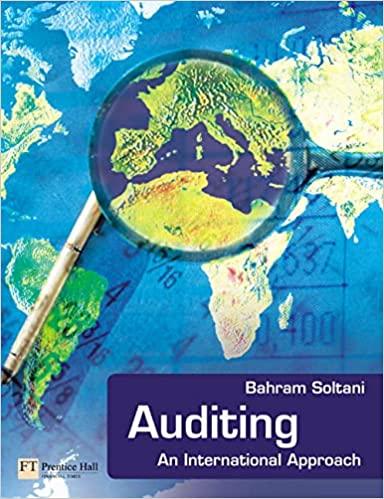The expectation gap usually refers to what the public expects or needs and what auditors can reasonably
Question:
The expectation gap usually refers to what the public expects or needs and what auditors can reasonably do. Users of financial reports expect auditors to provide assurances concerning material fraud, irregularities and the viability of the business and its management. Discuss the following questions with regard to the expectation gap:
(a) In your opinion, what are the main factors affecting the expectation gap between users of financial statements and auditors?
(b) Auditors’ responsibilities have increased over recent years. In your opinion, to what extent has public pressure affected the developments in auditor responsibilities?
(c) Discuss the role and performance of external auditors in detecting corporate fraud, one of the areas in which they are subject to continuing public criticism due to society’s everincreasing expectations of auditors.
(d) What type of solutions and/or strategies would you recommend to reduce the expectation gap in auditing?
(e) What is the role of market regulators in reducing the expectation gap in auditing?
Step by Step Answer:






